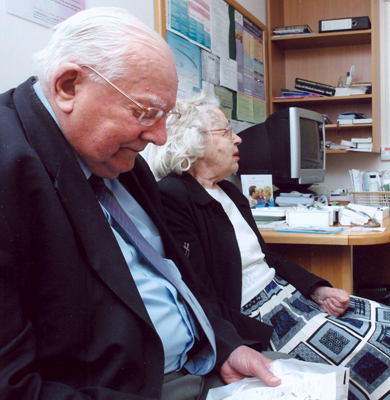Ethical Issues at the End of Life course for GPs



Issues arising over end of life care, involving decisions that affect the nature and timing of an individual’s death, can be a source of discord.
This session highlights common ethical problems that may arise at this sensitive time.
This session was reviewed by Khyati Bakhai and last updated in June 2018.
Learning Objectives
By the end of this session you will be able to:
- Recognise the ethical dimensions of treatment and investigation choices in end of life care and the role of the GP within the process of ethical decision making
- Draw on frameworks of moral reasoning to think through the issues and resolve ethical conflicts
- Analyse the professional, ethical guidelines and legal framework within which healthcare decisions should be made
- Recognise how your personal stance can influence decision making
Ethical principles are not laws, but guiding principles about what is ‘good’ and what is ‘bad’. They should direct doctors and other health care professionals in their work and decision making.
Before commencing this session you should complete:
- Session: Principles of Palliative Care (400-0171)
Max is currently a lecturer in palliative medicine at the University of Ulster, consultant at the Northern Ireland hospice and honorary consultant in palliative medicine at the Princess Alice Hospice, Esher. He is also the special adviser to the hospice friendly hospitals programme in Dublin and Director of Project ECHO at Hospice UK in London
He is co-author of the Oxford handbook of Palliative Care, Oxford Core text Oncology, The Oxford GP Library Pain and Palliation, London and Belfast Palliative Care Guidelines and series editor of the Oxford specialist end of life handbooks.
Max is the originator of the Princess Alice certificate in Essential Palliative Care which has trained over 1000, doctors and nurses since it began in 2001 and is now running in Nepal, India, Kyrgystan as well as three centres across the UK.


Chantal is a working GP at The Banks and Bearwood Medical Practices in Bournemouth and a Fellow of the Royal College of General Practitioners. She has formal academic training with an MSc from Southampton University in Research in Health and a PhD exploring the effects of community support on the psychological health of informal carers.
Chantal has been involved with education since 1999 when she became the lead author and founder editor of the Oxford Handbook of General Practice, which is now in its fifth edition. In 2007 she founded the Royal College of General Practitioner's educational journal, InnovAiT, which she edited until 2017.
Chantal is also currently a Visiting Professor at the University of Westminster Centre for Resilience involved in research and educational activities promoting the wellbeing of healthcare professionals.
- Testosterone Deficiency and Male Hypogonadism cour...
- Posted By eIntegrity Healthcare e-Learning
- Posted Date: 2024-12-21
- Location:Online
- Many men experience a gradual decline in bioavailable testosterone with age. It is associated with o...
- Diagnosis and Management of Gout course for GPs
- Posted By eIntegrity Healthcare e-Learning
- Posted Date: 2024-12-21
- Location:Online
- This session covers the diagnosis and management of gout, and how to differentiate gout from other a...
- Pituitary Problems in Primary Care (including Hype...
- Posted By eIntegrity Healthcare e-Learning
- Posted Date: 2024-12-21
- Location:Online
- The session looks at the pituitary gland and associated disorders. Prolactinomas and associated symp...
- Secondary Endocrine Causes Of Hypertension course ...
- Posted By eIntegrity Healthcare e-Learning
- Posted Date: 2024-12-21
- Location:Online
- This session gives an overview of the secondary causes of hypertension. It discusses some of the cau...
- Prescribing Long-Term Steroids course for GPs
- Posted By eIntegrity Healthcare e-Learning
- Posted Date: 2024-12-21
- Location:Online
- This session emphasises the importance of safe prescribing of steroids and demonstrates how this can...







